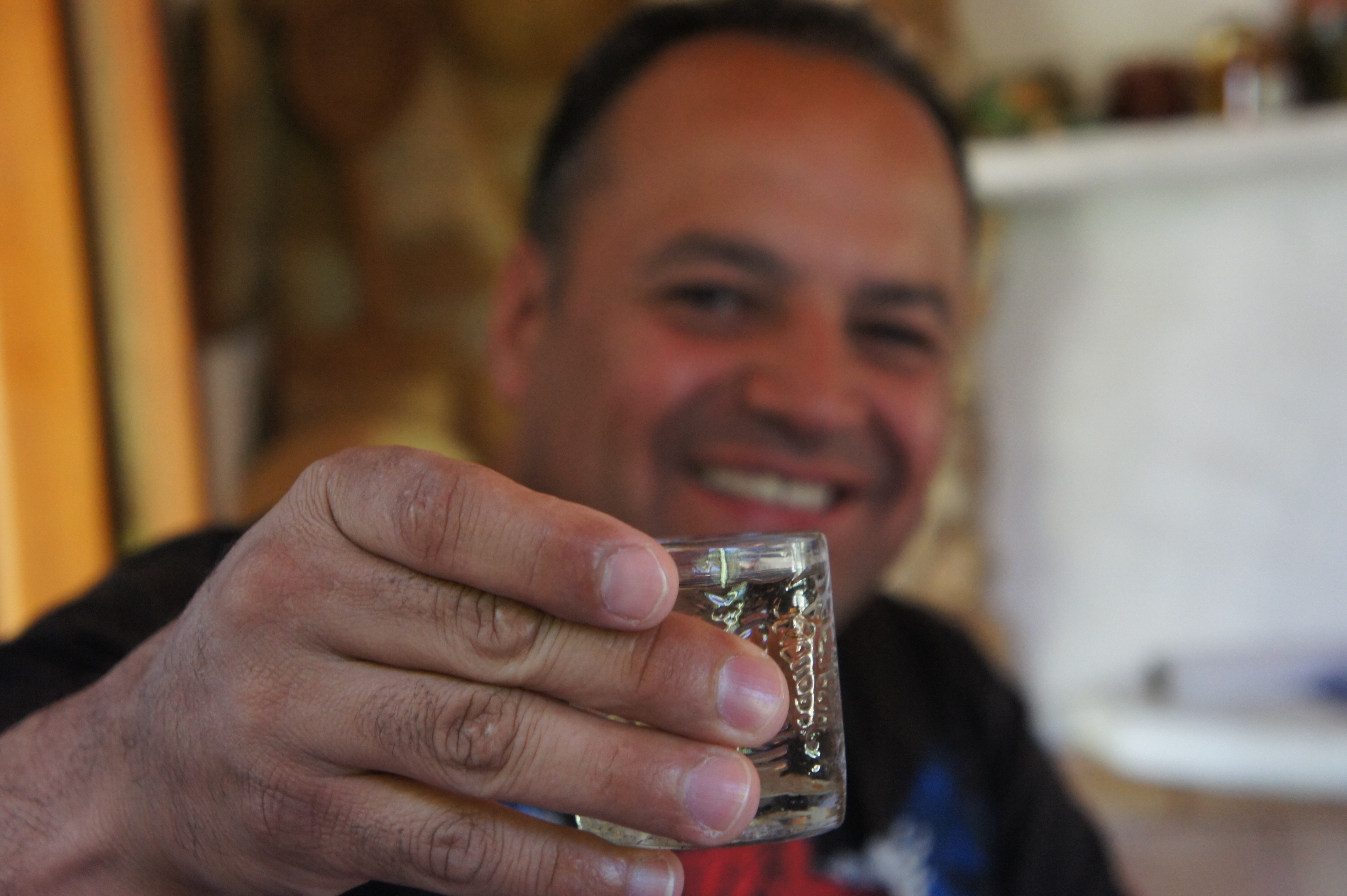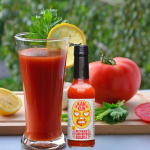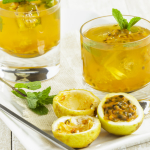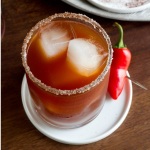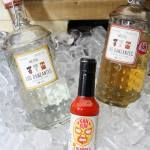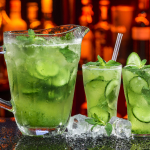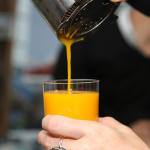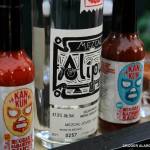The fact of the matter is that I am a tequila enthusiast, and very often I heard the comment: ‘I don’t drink tequila’. In my humble opinion, people who don’t drink tequila just haven’t found the right one because they’ve been shooting ‘Brand X’ and chasing it with lime & salt and never given the wonderful world of agave based spirits the chance it deserves. My intention in writing this post is to share with you some knowledge about tequila so that you may find the one that suits your liking.
HISTORY
MEXICO Tequila is rich in a history far beyond the popular Margarita. Originally used during rituals beginning 2,000 years ago, tequila has evolved into the potent spirit we drink today and in recent years has transcended a quality we could not imagine a few decades ago.
“The town of Tequila was founded in 1656 and shortly thereafter tequila was produced throughout Mexico. The late 1800’s saw the first imports to the U.S. and the following Mexican Revolution and World Wars added to the international popularity of tequila”.
The Agave Plant:
 Tequila is made by distilling the fermented juices of the blue agave plant (a member of the lily family that looks like a giant aloe vera plant with spiked barbs on the tips) with water. After 7-10 years of growing, the agave plant is ready to be harvested and used in the production of tequila.
Tequila is made by distilling the fermented juices of the blue agave plant (a member of the lily family that looks like a giant aloe vera plant with spiked barbs on the tips) with water. After 7-10 years of growing, the agave plant is ready to be harvested and used in the production of tequila.
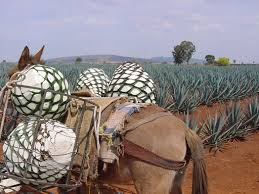 Underground, the plant produces a large bulb called a piña, which has the look similar to a pineapple. The agave’s spiky leaves are removed and the piñas are quartered and slowly baked in steam or brick ovens until all starches are converted to sugars. This product is crushed in order to extract the plant’s sweet juices, which are then fermented.
Underground, the plant produces a large bulb called a piña, which has the look similar to a pineapple. The agave’s spiky leaves are removed and the piñas are quartered and slowly baked in steam or brick ovens until all starches are converted to sugars. This product is crushed in order to extract the plant’s sweet juices, which are then fermented.
% Agave vs. Mixto:
“According to Mexican law, all tequila must contain at least 51% Weber blue agave (Agave tequilana). Really good tequila is 100% Weber blue agave and will be clearly marked on the bottle with the law requiring them to be produced, bottled and inspected in Mexico. Tequila that is not 100% agave is called” mixto” because it is blended with sugar and water during distillation. “Mixto” tequilas can be produced outside of Mexico. Until a few years ago, mixtos were the main tequilas produced, though now the majority of the tequila you find is the Tequila 100% de Agave.”
Click here learn about how many types of Tequilas we have?
CHECK KANKUN cutting-edge spicy recipes
KANKUN® SPICING UP THE FORTHCOMING
